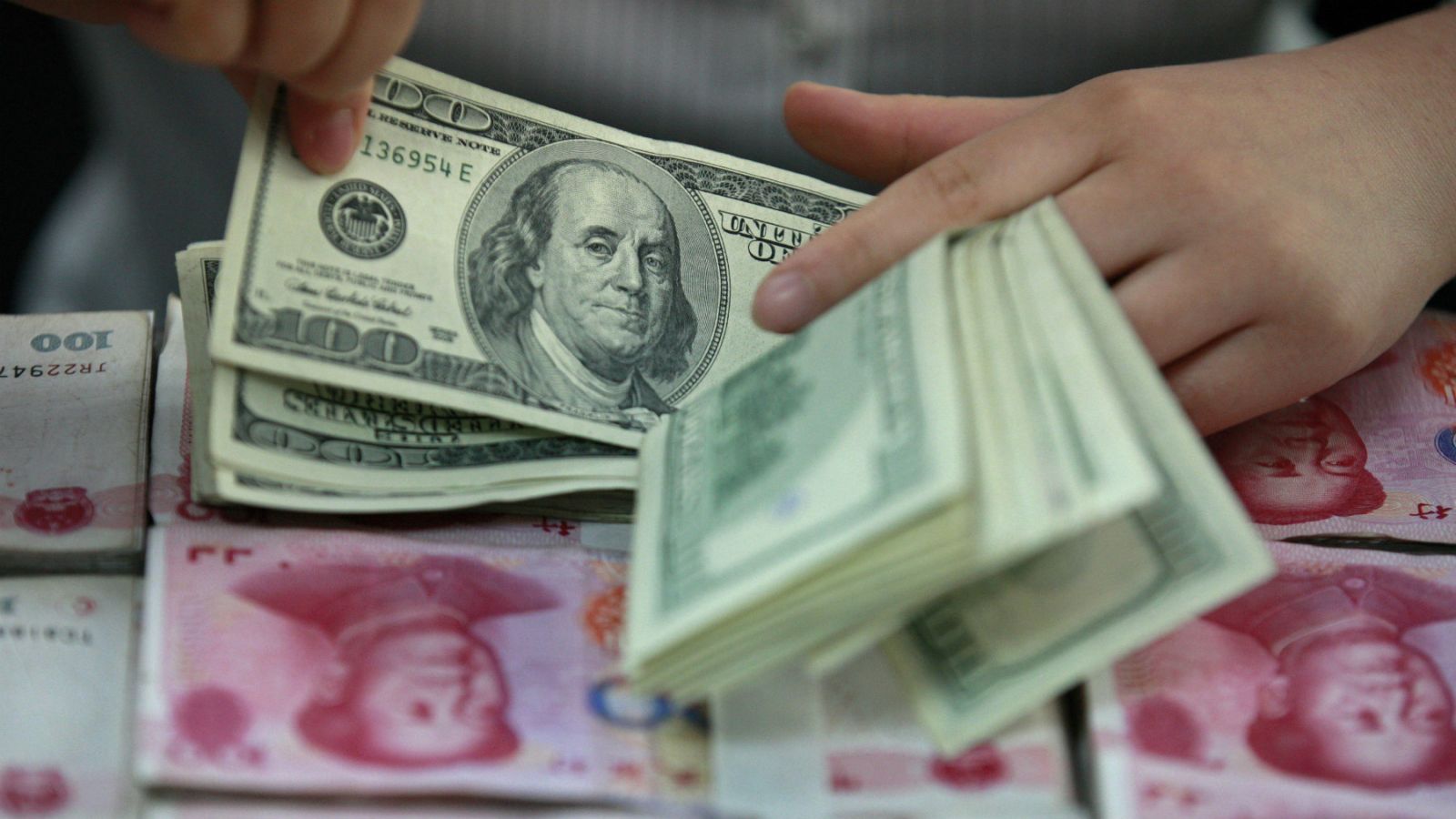- Fiscal Policies Can Bridge Income Inequality Gap
The International Monetary Fund (IMF) has revealed that income inequality among people around the world has been declining in recent decades.
This, the fund stated, was due to countries like China and India’s incomes catching-up to advanced economies. However, it pointed out that inequality has increased, particularly in advanced countries.
The fund stated this in its new Fiscal Monitor, released on the sidelines of the just concluded IMF/World Bank annual meetings in Washington DC.
“But the news is not all good. Inequality within countries has increased, particularly in advanced economies. Since the global economic recovery has gained pace and is now widespread, policymakers have a window of opportunity to respond with reforms that tackle inequality, and our new Fiscal Monitor shows how the right mix of fiscal policies can make the difference.
“Fiscal policy accounts for a large share of differences in inequality across countries. In advanced economies, fiscal policy offsets about a third of income inequality before taxes and transfers—commonly known as market income inequality—with 75 percent coming from transfers,” it added.
The report noted that spending on education and health also affects market income inequality over time by promoting social mobility, including across generations. In developing economies, it further noted that fiscal redistribution was much weaker, given lower and less progressive taxes and spending.
“There is no one-size-fits-all strategy. Redistribution should reflect a country’s specific circumstances, including underlying fiscal pressures, social preferences, and the government’s administrative and tax capacity. Also, taxes and transfers cannot be considered in isolation. Countries need to finance transfers, and the combination of alternative tax and transfer instruments that countries chose can have very different implications for equity.
“While some policies may have conflicting effects on growth and distribution, our empirical evidence shows it is possible to achieve inclusive, sustainable growth with the right mix of policies. Efficiency and equity can and must go hand-in-hand,” it added.
According to the report, policymakers have many choices to achieve efficient and equitable results.
The Fiscal Monitor focuses on three policy debates: progressive taxation, universal basic income (UBI), and public spending on education and health,
It showed that personal income tax progressivity had declined steeply in the 1980s and 1990s, and had remained broadly stable since then.
The average top income tax rate for OECD member countries fell from 62 per cent in 1981 to 35 percent in 2015. In addition, tax systems were less progressive than indicated by the statutory rates, because wealthy individuals have more access to tax relief.
“Importantly, we find that some advanced economies can increase progressivity without hampering growth, as long as progressivity is not excessive. A UBI, defined as a cash transfer of an equal amount to all individuals in a country,has been widely debated by economists for decades.
“There is now renewed interest, associated with perceptions of the effects of technology and artificial intelligence on the future of work. The Fiscal Monitor does not advocate for or against UBI, but contributes to the policy debate by presenting facts and arguments relevant for evaluating a UBI.
“A UBI has potential for having a significant impact on inequality and poverty as it covers all individuals at the bottom of the income distribution. But, being universal means it is costly,” it added.
The Fiscal Monitor estimated that it would cost the average advanced economy 6½ per cent of GDP to provide a UBI set at 25 percent of median per capita income, and the estimates vary considerably across countries.
Thus, the discussion of a UBI cannot be disentangled from a discussion of its financing to make it budget neutral. Key considerations for its introduction, it stated, were its consistency with other fiscal priorities-to avoid crowding out investments in infrastructure, education and health, for instance-and the method of financing, which needs to be efficient and equitable.
The report noted that a UBI could be an option where it substitutes for inequitable and inefficient social spending.
“Despite progress, gaps in access to quality education and health care services between different income groups in the population remain in many countries. For example, in advanced economies, males with tertiary education live up to 14 years longer than those with secondary education or less.
“Better public spending can help, for instance, by reallocating education or health spending from the rich to the poor while keeping total public education or health spending unchanged. The Fiscal Monitor finds that closing the inequality gap in basic health coverage could raise life expectancy, on average, by 1.3 years in emerging and developing countries,” it stated.

 Naira4 weeks ago
Naira4 weeks ago
 News3 weeks ago
News3 weeks ago
 Education4 weeks ago
Education4 weeks ago
 Social Media4 weeks ago
Social Media4 weeks ago
 Economy4 weeks ago
Economy4 weeks ago
 Investment4 weeks ago
Investment4 weeks ago
 Dividends4 weeks ago
Dividends4 weeks ago
 Business3 weeks ago
Business3 weeks ago





























